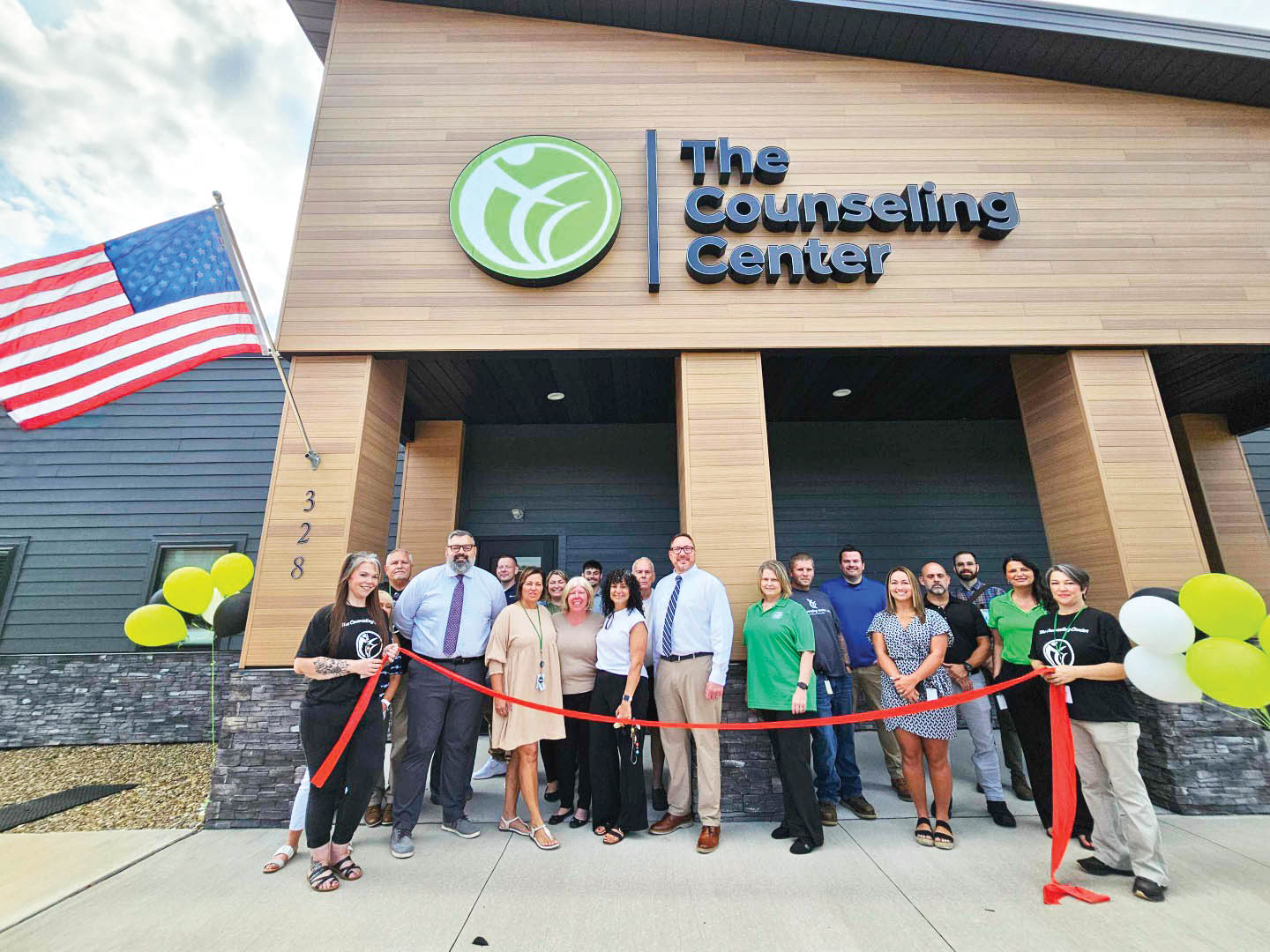House gets another shot at bailout bill
Published 11:11 am Thursday, October 2, 2008
WASHINGTON (AP) — House members are getting another chance to vote on a financial bailout bill that has infuriated millions of voters after the Senate added tax cuts and other sweeteners and passed it handily.
Senators advanced the much-criticized measure in a 74-25 vote late Wednesday, sending it to the other side of the Capitol for a showdown vote expected Friday. The move was calculated to win over enough dissenting House members to get the bill through and reverse Monday’s stunning defeat in the House. Party leaders there planned to press rank-and-file members Thursday for the dozen converts they believe they need.
Meantime, the head of the Federal Deposit Insurance Corporation, urged people to remain calm.
Trending
‘‘I think overall the banking system remains very sound so that’s why I think it’s so important for everybody to keep their head,’’ commission Chairman Sheila Bair said on C-SPAN. ‘‘What I don’t want is to see otherwise healthy institutions start to get into trouble just because of liquidity pressure … Wall Street should be taking their cue from Main Street right now. Main Street deposits are staying there.’’
The bailout package was never in danger in the Senate. Senators instead played catalysts for the House, adding tax provisions popular with the left and right in a bid that House leaders hope — but cannot guarantee — will persuade enough of the House rank-and-file to switch from ‘‘nay’’ to ‘‘aye’’ on a highly contentious bill a month before Election Day.
They were especially targeting the 133 House Republicans who voted against the package.
California’s David Dreier said Thursday morning that ‘‘I hated’’ the initial version of the bill but that he plans to vote for it this time around.
‘‘I was very concerned with the proposal that came forward that would have allowed golden parachutes to go forward,’’ said Dreier, a Republican. But he said he likes the new version because ‘‘it puts into place growth-oriented tax cuts.’’
‘‘I will tell you, the American people are angry and frustrated,’’ he said on ABC’s ‘‘Good Morning America,’’ saying he’s been hearing messages like ‘‘the woman who said she was concerned about getting access to a student loan for her daughter.’’
Trending
Rep. Marcy Kaptur, an Ohio Democrat, said on the same program that she plans to vote no.
‘‘I will not support this legislation because it’s the wrong medicine,’’ she said. Kaptur argued that the problem should be solved by the market itself, not through governmental intervention.
After the Senate vote, Majority Leader Harry Reid, D-Nev., said, ‘‘We’ve sent a clear message to Americans all over that we will not let this economy fail. This is not a piece of legislation for lower Manhattan. This is legislation for all America.’’
The rescue package would let the government spend billions of dollars to buy bad mortgage-related securities and other devalued assets held by troubled financial institutions. If successful, advocates say, that would allow frozen credit to begin flowing again and prevent a serious recession.
To some degree, at least, House GOP opposition appeared to be easing as the Senate added $100 billion in tax breaks for businesses and the middle class, plus a provision to raise, from $100,000 to $250,000, the cap on federal deposit insurance.
House Republicans also welcomed a decision Tuesday by the Securities and Exchange Commission to ease rules that force companies to devalue assets on their balance sheets to reflect the price they can get on the market.
There were worries, though, that the tax breaks might cause some conservative-leaning Democrats who voted for the rescue Monday to abandon it because the revised version would swell the federal deficit.
‘‘I’m concerned about that,’’ said Rep. Steny Hoyer of Maryland, the Democratic leader.
The Senate-backed package extends several tax breaks popular with businesses. It would keep the alternative minimum tax from hitting 20 million middle-income Americans. And it would provide $8 billion in tax relief for those hit by natural disasters in the Midwest, Texas and Louisiana.
Leaders in both parties, as well as private economic chiefs almost everywhere, said Congress must quickly approve some version of the bailout measure to start loans flowing and stave off a potential national economic disaster.
But critics on the right and left assailed the rescue plan, which has been panned by their constituents as a giveaway for Wall Street with little obvious benefit for ordinary Americans.
Sen. Jim DeMint, R-S.C., a leading conservative, said the step was ‘‘leading us into the pit of socialism.’’
But proponents argued that the financial sector’s woes already were being felt by ordinary people in the form of unaffordable credit and underperforming retirement savings. Still, they said voters were unlikely to reward those who vote for the measure.
‘‘There will be no balloons or bunting or parades’’ when the rescue becomes law, said Sen. Chris Dodd, D-Conn., the Senate Banking Committee chairman.
Tax cuts new and old are favorites for most House Republicans. Help for rural schools was aimed mainly at lawmakers in the West, while disaster aid was a top priority for lawmakers from across the Midwest and South.
Another addition, to extend the deductibility of state and local taxes for people in states without income taxes, helps Florida and Texas, among others.
Increasing the deposit insurance cap was a bid to reassure individuals and small businesses that their money would be safe in the event their banks collapsed. It was particularly geared toward small banks that fear customers will pull their money and park it in larger institutions seen as less likely to fold.
The Senate vote lacked the drama of Monday’s House vote, but it had its celebrity moments. Democratic presidential nominee Barack Obama and his GOP rival, John McCain, came off the campaign trail to vote for the package, thrilling tourists who glimpsed them in the Capitol’s corridors and drawing hordes of reporters and photographers.





